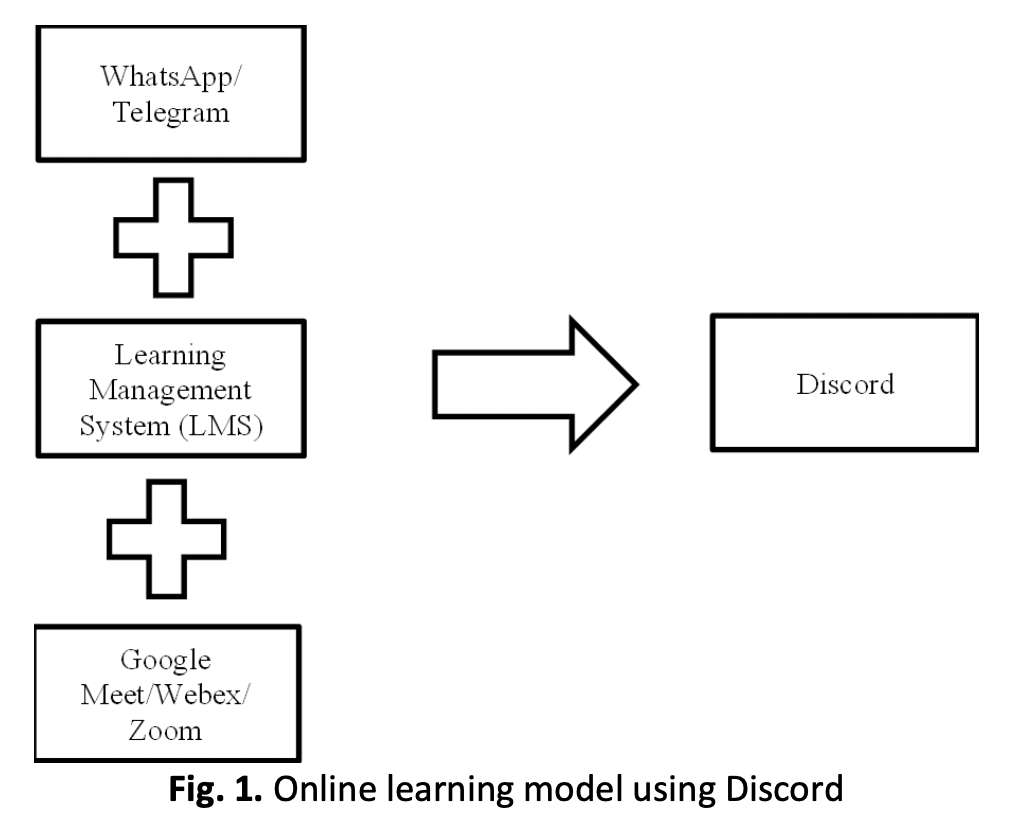Engaging Learners using Discord Application During Signals and Systems Online Class
DOI:
https://doi.org/10.37934/araset.33.2.244253Keywords:
Distance learning, online learning, Discord, class engagementAbstract
Discord is a chat application akin to Skype or TeamSpeak, as well as professional communication systems such as Slack. It was designed exclusively for video game players, including ways for them to find one another, coordinate play, and communicate while playing. It allows users to communicate in a variety of ways including video calls, audio chat, and text. During distance learning, students feel lonely and isolated in online classes. Furthermore, Discord makes distance learning systematic and easy for the educators to monitor all the students throughout the semester. Therefore, this work discusses strategies on how Discord can be used to create an interactive class and brings educator-students closer as a class during distance learning. In this work, the implementation had been done in the Signals & Systems course. Thus, it is a good example for engineering-related classes. Students’ feedback and final grade were analyzed to identify either Discord provide interactive environment during online classroom or not. Results discussed in this work are based on behavioral engagement, emotional engagement, and cognitive engagement. In addition, individual participation had been analyzed and compared with the final grade. In conclusion, the implementation of Discord in the Signals & Systems online class received positive feedback on the students’ engagement and the final grade. Also, Discord is suitable to conduct synchronous or asynchronous online classes and increase students’ engagement.
Downloads




























